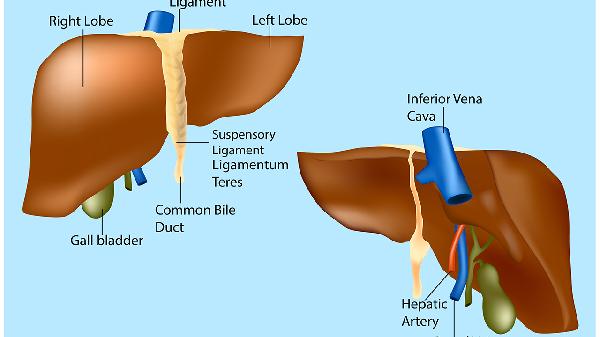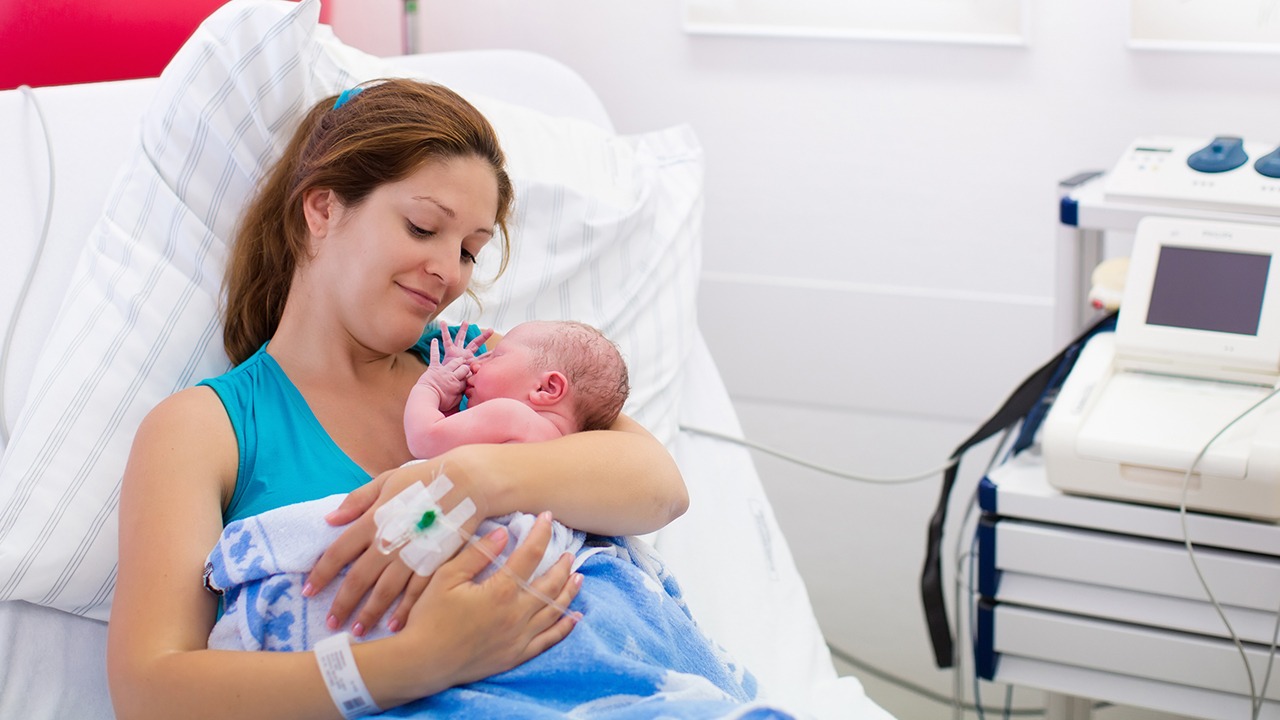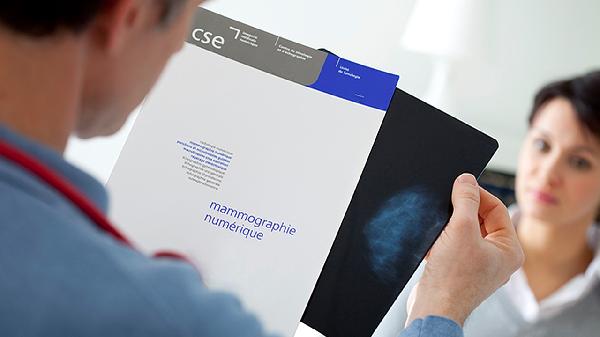An ectopic pregnancy is an abnormal pregnancy process where the fertilized egg implants and develops outside the uterine cavity. Clinically, the most common type of ectopic pregnancy occurs in the fallopian tubes. The occurrence of ectopic pregnancy is related to factors such as fallopian tube inflammation, fallopian tube surgery, intrauterine device placement, fallopian tube dysplasia or functional abnormalities, migration of the fertilized egg, and compression by tumors around the fallopian tubes. Ectopic pregnancy severely affects women's reproductive health.

What can be done in daily life to avoid ectopic pregnancy?
First, adopt scientific contraceptive methods. Women should not frequently take contraceptive pills. Many patients with ectopic pregnancy have a history of taking emergency contraceptive pills. Long-term use of contraceptive pills increases the risk of ectopic pregnancy. Especially emergency contraceptive pills, which contain high levels of estrogen, can easily lead to endocrine disorders, affect the menstrual cycle, and increase the incidence of ectopic pregnancy.
Second, pay attention to physiological hygiene and avoid unclean sexual activities. Especially, care during menstruation is crucial. Additionally, intercourse should be avoided during menstruation to prevent cervicitis, adnexitis, pelvic inflammatory disease, etc. The presence of inflammation can cause the fallopian tubes to become twisted, blocked, or even adhere, significantly increasing the risk of ectopic pregnancy in the future.
Third, develop good lifestyle habits and a regular routine. Women should not drink excessively or smoke. Studies have shown that nicotine in tobacco can cause abnormal movement of the cilia in the fallopian tubes, leading to blockages and increasing the risk of ectopic pregnancy. Also, avoid staying up late frequently and maintain a relaxed mood.
Fourth, have an annual gynecological check-up. If fallopian tube inflammation is detected, it must be taken seriously and treated actively. During the treatment of fallopian tube inflammation, strict contraception should be practiced. Other gynecological inflammations must also be cured before attempting to conceive. For women of childbearing age with a regular menstrual cycle, if menstruation is delayed, a positive early pregnancy test, but no gestational sac in the uterus on gynecological ultrasound and a noticeable mass in the adnexal area, ectopic pregnancy should be considered. Once diagnosed, medication or surgical treatment should be promptly administered under the guidance of a doctor to prevent greater harm caused by ectopic pregnancy.
























